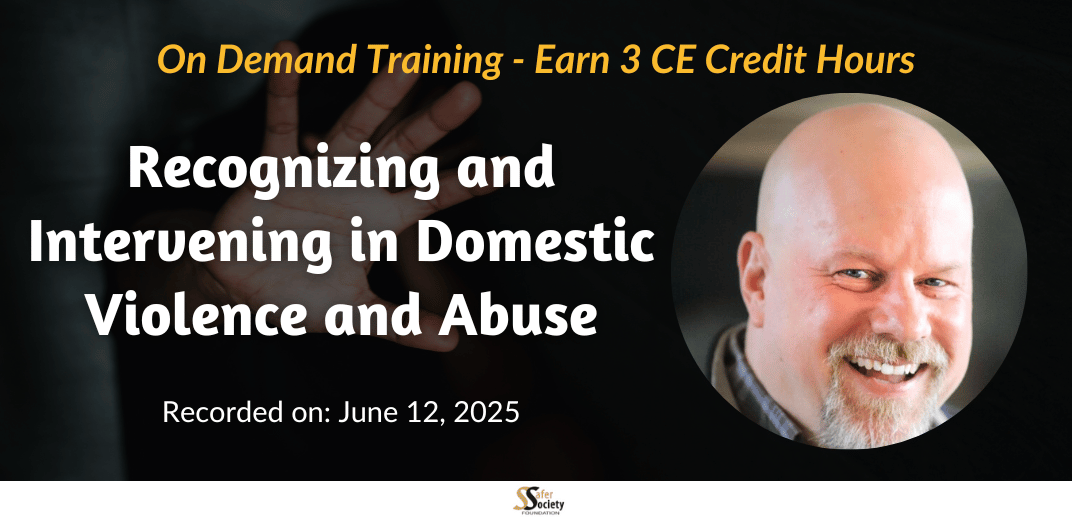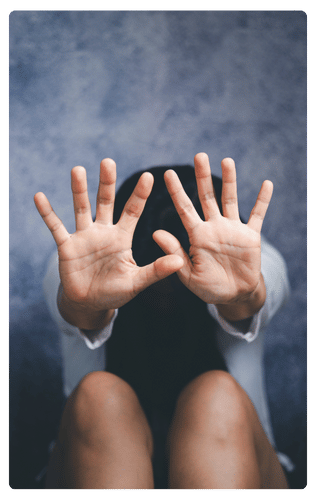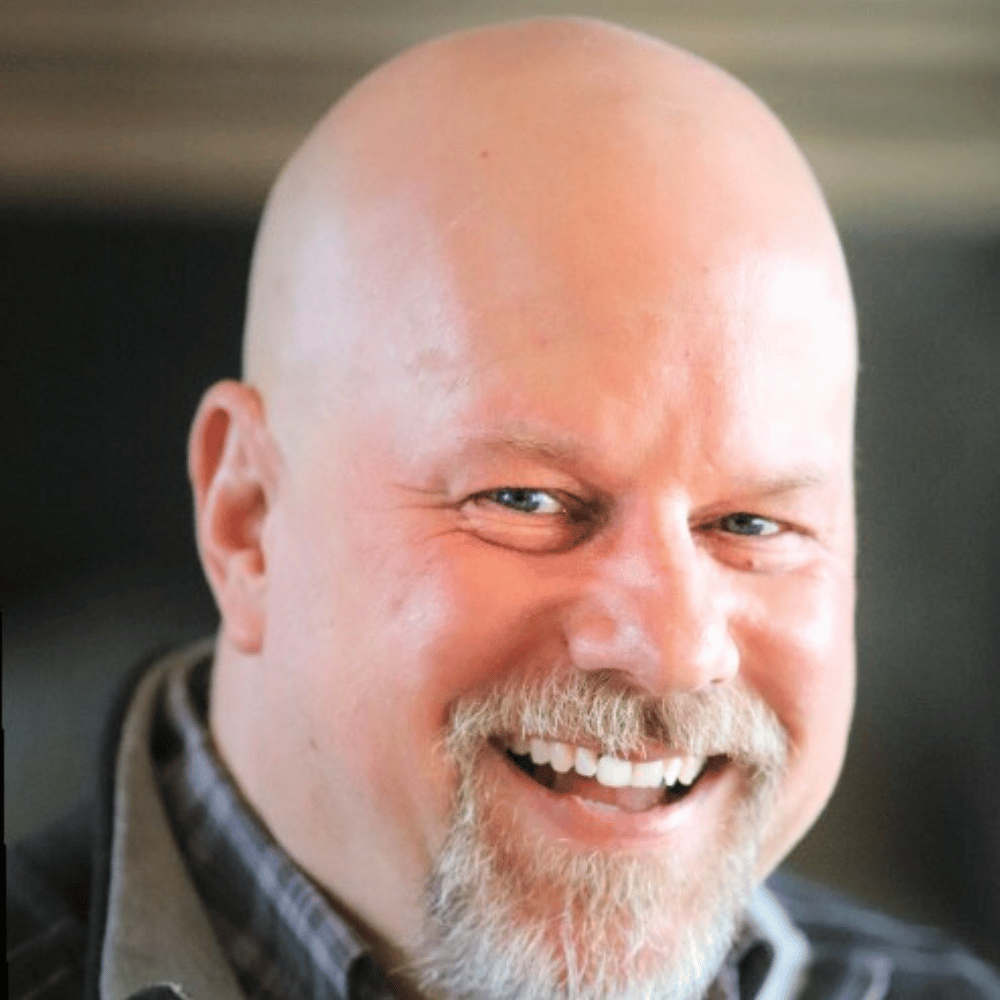
Recognizing and Intervening in Domestic Violence and Abuse
Already purchased an On Demand training?
Click here to access your Safer Society On-Demand Training Center account.
 Professionals have traditionally viewed domestic violence as primarily involving severe and repeated physical abuse. In truth, a more comprehensive analysis reveals that it involves a broader spectrum of non-physical abuse patterns. Surprisingly, the signs of this abuse are often easier to identify than commonly perceived. They can manifest as coercive and controlling behaviors across various aspects of life, including sexual relations, financial matters, property decisions, and social interactions.
Professionals have traditionally viewed domestic violence as primarily involving severe and repeated physical abuse. In truth, a more comprehensive analysis reveals that it involves a broader spectrum of non-physical abuse patterns. Surprisingly, the signs of this abuse are often easier to identify than commonly perceived. They can manifest as coercive and controlling behaviors across various aspects of life, including sexual relations, financial matters, property decisions, and social interactions.
Dr. Chris Huffine, the Executive Director of Allies in Change, developed this training to provide an overview of intimate partner abuse. During this training, he explores the nuances of domestic violence, including:
- An overview of the nature of domestic violence
- Analysis of underlying causes of domestic violence
- Differentiation between common hurtful behaviors and abuse
- Examination of the “radiating intensity” that often accompanies abuse
- Exploration of the cumulative effects of coercive control on families
- Differentiation between effective and ineffective intervention strategies
Throughout the training, Dr. Huffine defines terms and provides accessible ways of understanding important concepts, such as the belief systems underlying domestic violence and the complex reasons why partners often remain in abusive relationships. Dr. Huffine then outlines effective approaches to addressing domestic violence while highlighting interventions that have proven ineffective. This training ensures participants gain a well-rounded understanding of this critical issue
1) Differentiate between common hurtful behaviors and patterns of abuse in intimate relationships
2) Analyze the complex psychological, social, and economic factors that influence a partner’s decision to remain in an abusive relationship
3) Explain common forms of abusive behavior that are associated with domestic violence
4) Employ models for coordinated professional responses to domestic violence.
Audience
This training is primarily for professionals who work directly with people who have been abusive, experienced abuse, or are otherwise affected by it. It will be of particular interest to those who work with other forms of abuse, such as sexual violence. This includes mental health counselors, social workers, clinical psychologists, and forensic experts.
Content Level
Disclosure
Continuing Education Approval
American Psychological Association (APA)
Safer Society Foundation, Inc. is approved by the American Psychological Association (APA) to sponsor continuing education for psychologists. Safer Society Foundation, Inc. maintains responsibility for this program and its content.
Who's Presenting

Chris Huffine, PsyD
Chris Huffine, Psy.D., licensed psychologist, is the Executive Director of Allies in Change. He offers individual and couples counseling with adults on a variety of issues including mood disorders, stress management, relationship/intimacy issues, and addictions. During Chris’ career, he has worked with over a thousand abusive men and hundreds of female and male victims of abuse. Chris is also an adjunct faculty member at Portland State University where he teaches an anger management class and speaks on domestic violence. Dr. Huffine is a national expert on working with abusive partners and has provided trainings around the country, including a semi-annual 40-hour training in Portland on the Allies in Change curriculum. He recently published a book for abusive partners called “Becoming Allies . . . With Your Partner, Yourself, and Others: Addressing the Abuse and Control in Your Relationships”. He is a member of the advisory group to the Oregon state attorney general to monitor standards for batterer intervention programs and of the Oregon Domestic Violence Fatality Review Team.
